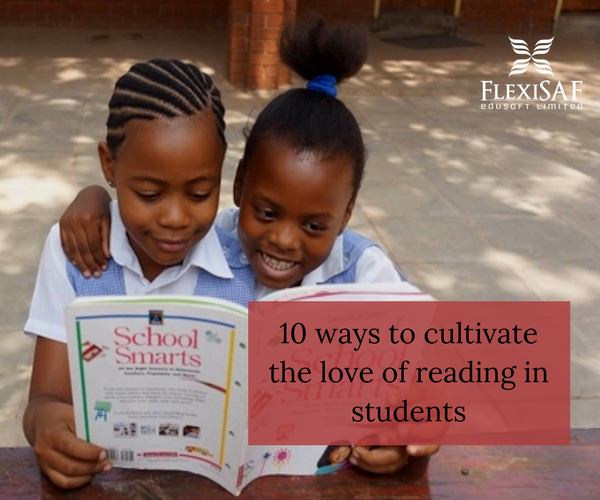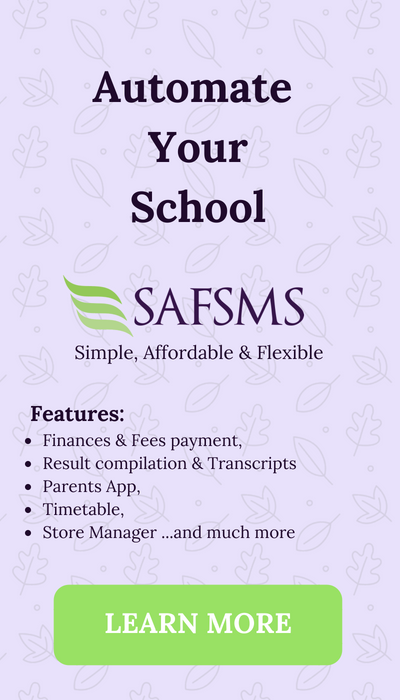We’ve discussed the numerous benefits of good reading habits – seriously, it’s the best. But life-long habits are formed while young and it is the duty of teachers and parents to help young ones develop positively and teach students to love reading.
Here are 10 (ten) suggestions for how any teacher, parent and administrator can participate in this mission of cultivating the love of reading in children.
- Read. Simple first step! If we’re going to encourage kids to read we need to do it too. Read for pleasure, information, instructions, connecting with others, and so on. Encourage them to read a little more than you’ve been reading lately.
- Share your reading experiences. Share with colleagues, friends and students. Tell them what you have been reading, what you have gained or learned from these texts, what you recommend. As a teacher, you should regularly tell your students what you read or reading.
- Invite students to socialize around reading. Set up book clubs, reading groups, literature circles. Many students (especially boys) need to interact with each other around texts. It greatly enhances their comprehension and makes it so much more enjoyable.
- Organize a Read-a-Thon. A beautiful event that parents and administrators can take a lead on setting up. Kids can be invited to re-read their favorite books. Snacks can be provided and teachers and administrators can also read. This will be plenty fun and community building.
- Take a field trip. This is another way to make reading social and exciting. Visit your local library, a university library or a bookstore. It’s not about checking out or buying books — it’s about being surrounded by thousands of books, touching their gorgeous pages, seeing the world of possibility in print.
- Listen to audio books. Invite students to listen to them; play short passages. To me, audio books “count” as reading. While you’re not developing decoding or fluency skills, you are acquiring vocabulary, applying comprehension strategies, and enjoying stories.
- Invite Inspirational speakers/authors to speak. Another activity that can be supported by admin and parents. Kids can be greatly impacted from hearing an author. If possible, especially one from a similar background to theirs) speak about reading and writing.
- Make connections between reading and other issues. Books and reading have always been political (think banned books, prohibitions on slaves becoming literate, etc.). Help students see the wider, historical and political context of the importance of reading to enhance their appreciation.
- Learn about specific needs for specific populations. Those responsible for teaching literacy also need professional development in how to serve specific vulnerable populations (eg students with certain disabilities) to meet the needs of all learners.
- Teach reading strategies. Finally, I believe that all teachers, in every content area, should be responsible for teaching reading. Text genres are different in every content area — teachers should receive professional development in how to teach reading strategies so that they can do so with students. Kids won’t enjoy reading if they can’t do it, no one loves doing something that’s really hard.
What do you think? Do you actively encourage your students to read?
Recommended:
The importance of Academic Libraries in Schools







